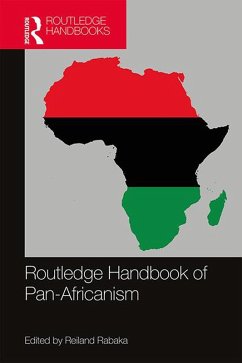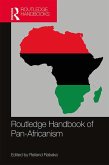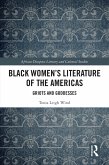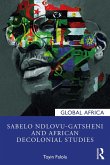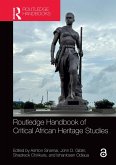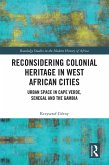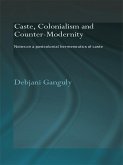The handbook features expert introductions to, and critical explorations of, the most important historic and current subjects, theories, and controversies of Pan-Africanism and the evolution of black internationalism. Pan-Africanism is explored and critically engaged from different disciplinary points of view, emphasizing the multiplicity of perspectives and foregrounding an intersectional approach. The contributors provide erudite discussions of black internationalism, black feminism, African feminism, and queer Pan-Africanism alongside surveys of black nationalism, black consciousness, and Caribbean Pan-Africanism. Chapters on neo-colonialism, decolonization, and Africanization give way to chapters on African social movements, the African Union, and the African Renaissance. Pan-African aesthetics are probed via literature and music, illustrating the black internationalist impulse in myriad continental and diasporan artists' work.
Including 36 chapters by acclaimed established and emerging scholars, the handbook is organized into seven parts, each centered around a comprehensive theme:
- Intellectual origins, historical evolution, and radical politics of Pan-Africanism
- Pan-Africanist theories
- Pan-Africanism in the African diaspora
- Pan-Africanism in Africa
- Literary Pan-Africanism
- Musical Pan-Africanism
- The contemporary and continued relevance of Pan-Africanism in the 21st century
The Routledge Handbook of Pan-Africanism is an indispensable source for scholars and students with research interests in continental and diasporan African history, sociology, politics, economics, and aesthetics. It will also be a very valuable resource for those working in interdisciplinary fields, such as African studies, African American studies, Caribbean studies, decolonial studies, postcolonial studies, women and gender studies, and queer studies.
Dieser Download kann aus rechtlichen Gründen nur mit Rechnungsadresse in A, B, BG, CY, CZ, D, DK, EW, E, FIN, F, GR, HR, H, IRL, I, LT, L, LR, M, NL, PL, P, R, S, SLO, SK ausgeliefert werden.

